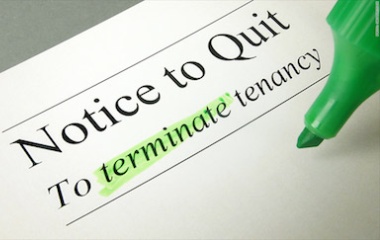
There are few mitzvoth of greater importance than kibud av veim. This is so well-known and obvious that it hardly needs elaboration. So much so that the models our Sages present to us as paragons of this mitzva are non-Jews; beginning with Eisav in the Torah and Dama ben Netinah in the Talmud (see Kiddushin 31a).
“His lost object and the lost object of his father his object comes first.” (Bava Metzia 33a) While kibud av veim is a service obligation not a financial one, this ruling is nonetheless difficult to understand. While one may not be required to spend money to fulfill the mitzva of kibud av veim[1], one must spend time. And while time is money one must accept the opportunity cost involved in observing this mitzva. It should thus follow that one must first put in the time and effort to help one’s parents recover their loss before recovering one’s own.
In explaining this ruling, the Gemara quotes the teaching of Rav Yehuda in the name of Rav who derives this from the Biblical verse “’there will no poor amongst you’ (Devarim 15:4) – yours before anyone else[2].” (Bava Metzia 33a)
Biblical verse or not, not everything the Torah allows should be done. Immediately after quoting this teaching the Gemara quotes a second teaching of Rav Yehuda in the name of Rav “that one who follows this will in the end come to this” i.e. the need for charity. Always putting one’s needs ahead of the needs of others is a recipe for disaster. Not just moral but financial as well and we need not understand this as a punishment (though it may be that). If one is unable to see beyond oneself it is unlikely one will able to sustain a business or even a good job[3].
Having learned that one’s own object comes before anyone else’s the next law in the Mishna seems redundant. “His lost object and the lost object of his teacher, his object comes first.” Apparently the honour due a teacher is so great that one might have thought that one’s teacher would be the exception to the rule. Perhaps our spiritual guide is to take precedence over ourselves. While “the awe of one’s teacher must be like the awe of heaven” (Pirkei Avot 4:12) nonetheless legally speaking it remains “yours before anyone else.”
That being said when it comes to “the lost object of his father and the lost object of his teacher that of his teacher takes precedence, for his father brought him into this world but his teacher who teaches him wisdom brings him into the world to come.” (Bava Metzia 33a) This is a rather well-known and powerful teaching. What is less well known is the ruling of the RaMah (Yoreh Deah 242:34) that such does not apply if the father (or mother) pays the teacher. In such a scenario – one all too familiar to day school parents – it is the parent who must come first. The teacher is “merely” a messenger hired by the parent – “the messenger of the person is like the person themselves” (Kiddushin 41b) – and it is the parent who is the real teacher bringing their child both into this world and into the world to come.
[1] The Gemara even goes so far to say that one may fulfill their obligation of tzedakah by supporting their needy parents – yet one of average means who does so is to be cursed (Kiddushin 32a).
[2] This is similar to the famous teaching of Rabbi Akiva that “your life comes first” which allows, or perhaps mandates, that if one can only save his life or that of his friend it is his life that comes first.
[3] Of course one must use common sense. As Rashi notes if one’s own object is worth many times that of one’s father one should seek their own object first. To do otherwise is not only silly but would presumably also be a violation of kibud av veim



